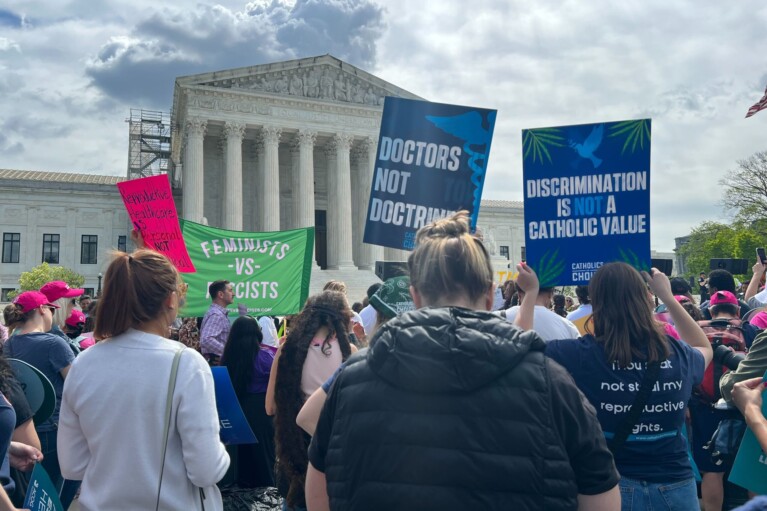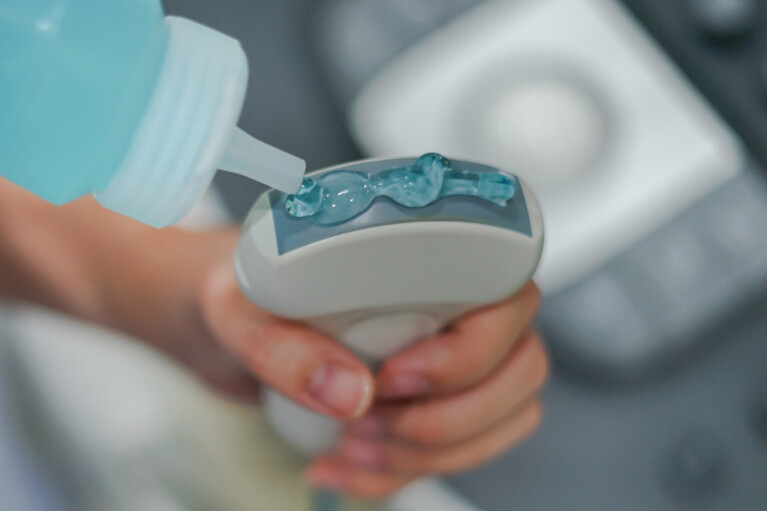Opinion: Process to Recoup Funds Owed to State’s Mental Health Providers Is Unfair

By Shannon Hall
The writer is executive director of the Community Behavioral Health Association of Maryland.
The Hogan administration has launched the first steps to recoup roughly $220 million in funds from Maryland’s mental health and addiction treatment providers. The recoupment of these funds is unfair and dangerously destabilizing to Maryland’s public behavioral health system.
The Hogan administration selected Optum as the vendor to manage the state’s Administrative Services Organization, which pays claims for publicly-funded mental health and addiction treatment. Optum’s claims processing system launched in 2020 and promptly failed, causing MDH to issue advances – or estimated payments – for a seven-month period that overlapped the disruption and chaos caused by the onset of COVID-19.
While providers risked their health and well-being – and that of their families – to ensure that those with behavioral health needs received treatment and support, Optum continued to rake in payments while failing to meet their contractual obligations.
Now, two years later, providers are tasked with proving that they deserve payment for the services rendered during the estimated payment period, effectively shifting the burden from a huge corporate entity that created the problem to the providers who have done their best to stay afloat.
Maryland Department of Health’s recoupment process suffers from three core problems.
Problem 1: A Broken Claims Processing System. Optum processed the claims in a system that was broken then and remains broken today.
The Community Behavioral Health Association of Maryland, the trade association for Maryland’s behavioral health providers, repeatedly provided MDH with the results of independent testing, which indicated that Optum’s claims processing systems appears to fail to meet federal Health Insurance Portability and Accountability Act (HIPAA) rules for security and standardization of health care transactions.
As a HIPAA-covered entity, MDH does not have the choice to simply ignore federal rules, yet MDH has not responded to this evidence of ongoing noncompliance and its impact on Optum’s ability to correctly process claims.
Problem 2: Recouping Funds Known to Be Owed to Providers. MDH is recouping funds from providers for services delivered, and which MDH itself acknowledges are being recouped in error. Of the $220 million slated to be recouped, $80 million is in claims for services delivered but which are sitting in a denied status in Optum’s system.
MDH appears to have abandoned efforts to ensure that the denials are corrected before recoupment starts.
In a recent letter to the Community Behavioral Health Association of Maryland, MDH states, “MDH does not disagree that there are problems with the denial process. However, we view denials as an entirely separate issue from estimated payments. While it would be convenient for all parties to have every denial reversed and credited against estimated claims balances, that is not a necessity to move this process forward.”
In other words, MDH is proceeding to recoup millions of dollars from providers that, in many cases, all parties acknowledge are funds actually owed to providers, and which are only sitting in a denied status due to Optum’s ongoing inability to correctly process claims. This is extraordinary.
Problem 3: No Consideration of Debt Relief and Policy Consequences. The recoupment of funds is taking place against the backdrop of a pandemic that has caused a spike in demand for mental health and addiction services.
Paying back the funds will drain provider resources that could have been used to reduce waitlists and improve access to care. The General Assembly fenced off $13 million for debt relief last session, to assist providers owing less than $25,000. While only a partial “fix” for a problem not of providers’ making, even this step has yet to be approved by the administration.
Maryland’s publicly-funded behavioral health services are already in crisis because of the pandemic. As a result of the workforce crisis, the state has opened investigations due to some providers’ inability to meet minimum safe staffing levels.
Families sit on waitlists while providers work to triage referrals, hoping to be able to identify individuals who are most at risk – including those who are suicidal or actively psychotic – for higher priority.
Failing to tap additional resources to expand debt relief, while taking away funds actually owed to the providers is reckless with the lives of Maryland’s most vulnerable residents. Maryland’s hospitals, jails and morgues will bear witness to today’s failure.




 Creative Commons Attribution
Creative Commons Attribution